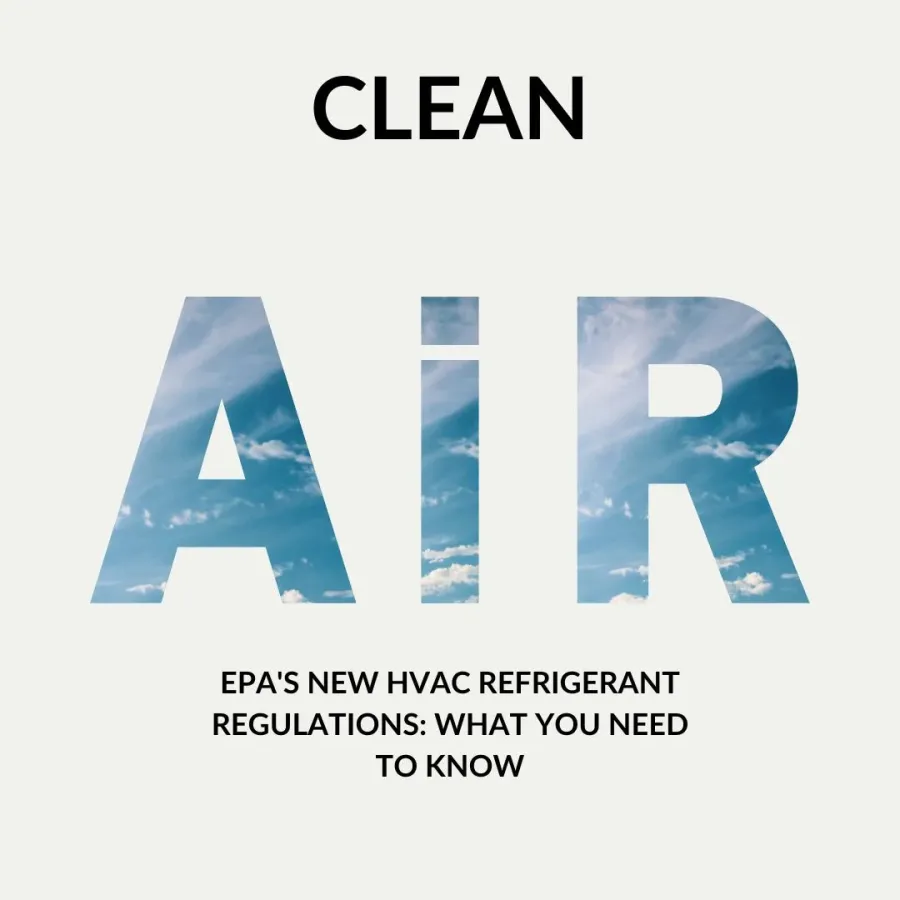EPA Regulations to Raise HVAC Costs for Homeowners in 2025
EPA Regulations to Raise HVAC Costs for Homeowners in 2025
Important Changes to Your Current Air Conditioning System
Updated: June 11, 2024
Did you know? The Federal Environmental Protection Agency (EPA) is gradually reducing the production of R-410A refrigerant through 2036, with a 10% decrease in 2022, 40% in 2024, 70% in 2029, and 80% in 2034. The phase-down will end in 2036 with a final 5% reduction, resulting in an 85% decrease in production over 15 years.
What is it R-410A? R-410A is a hydrofluorocarbon commonly used in air conditioning systems, heat pumps, and refrigeration units for residential and commercial applications. R-410A is often sold under trademarked names like AZ-20, EcoFluor R410, Forane 410A, Genetron R410A, Puron, and Suva 410A. This means that your system is likely reliant on this refrigerant!
What is the EPA's plan? The American Innovation and Manufacturing Act (AIM Act) of 2025 is a federal law that requires the Environmental Protection Agency (EPA) to phase down the production and consumption of hydrofluorocarbons (HFCs) in the United States. The first restrictions under the AIM Act begin on January 1, 2025, when manufacturers must stop making new residential and commercial air conditioning (AC) and heat pump equipment that contains HFCs. The sale of these products is prohibited starting January 1, 2026.

How does this impact you?
It's time to face this question - Should I replace or maintain my system?
What are your options? What are the impacts?
Eco-friendly refrigerants will increase the prices of new equipment and services.
Prices surging on new HVAC systems and parts.
The supply chain for HVAC systems and parts will feel a strain and shortages.
The cost of the old refrigerant is expected to rise, making existing systems more expensive to maintain.
Consider upgrading before prices surge. Don't navigate these changes alone. For more detailed information and personalized advice, contact our experts. Being informed helps you make better decisions for your home and wallet while navigating these new environmental regulations.
It may be critical to upgrade before prices surge. Early upgrades mean avoiding the rush and expense as 2025 approaches. It may make more sense to maintain and understand what you can do now to prepare.
